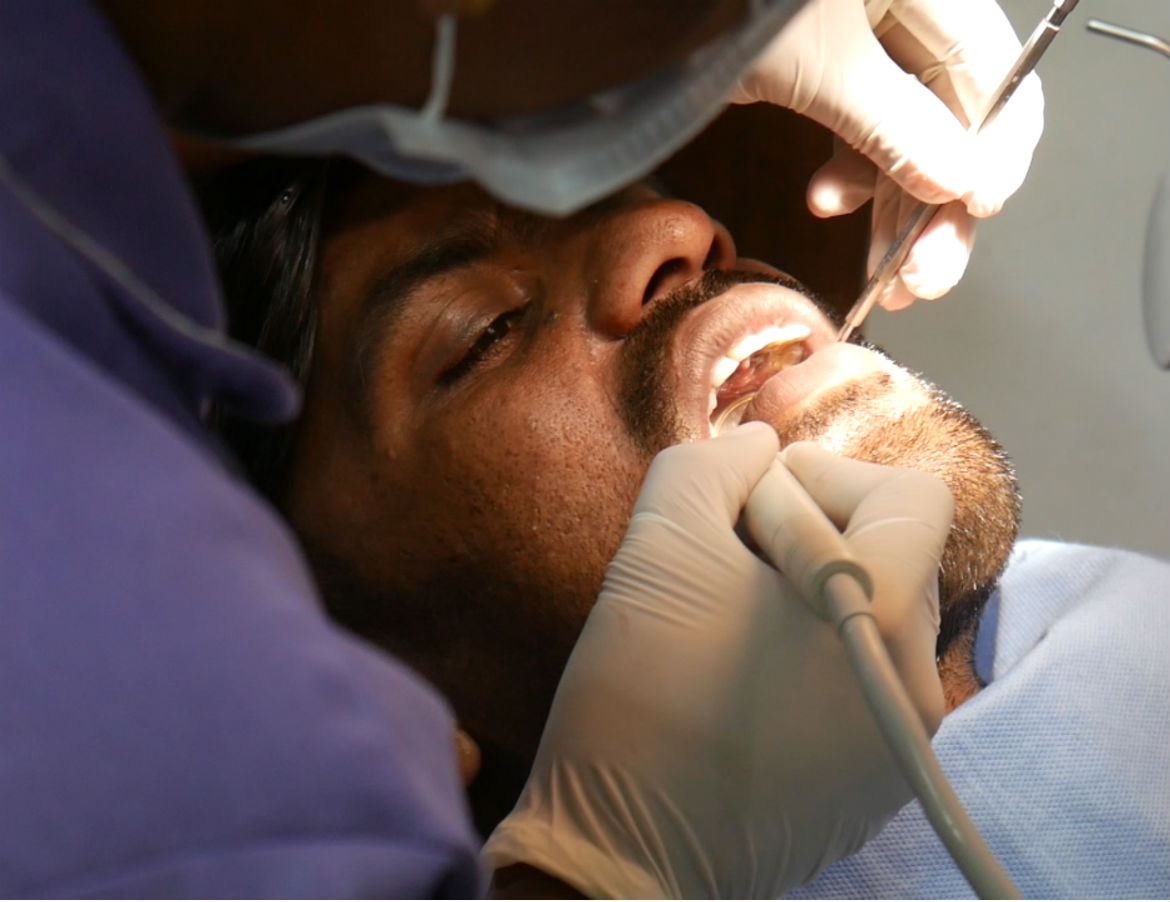Welcome to our comprehensive guide on mastering dental procedures, designed for both budding and seasoned dental practitioners. With the increasing demand for high-quality dental care, acquiring a nuanced understanding of various dental procedures not only improves service delivery but also enhances patient satisfaction and outcomes.
In this blog post, we will delve into five critical aspects that encapsulate the essence of mastering these procedures. From the basics of preparation to advanced surgical techniques, each section is tailor-made to offer you deep insights and practical advice, helping you elevate your dental practice to the next level.
Understanding Dental Anatomy
A thorough knowledge of dental anatomy is essential for any dental professional. This includes understanding the structure of different types of teeth, the gums, and the nerve systems that run throughout the mouth. Mastery in this area allows professionals to perform procedures with higher precision and minimal discomfort to patients. Enhanced knowledge of anatomy is particularly crucial when dealing with complex treatments such as root canals or implants. To ensure meticulous execution, consider visiting Professional Dentist Noblesville IN who are experts in dental anatomy.
Familiarity with varying cases through visual aids such as detailed diagrams or digital simulations can significantly boost your anatomical understanding and procedural accuracy. Moreover, undertaking hands-on training sessions where you assess actual patient cases can be an invaluable practice.

Sterilization and Hygiene Practices
The cornerstone of any successful dental practice is adhering to stringent sterilization and hygiene protocols. Mastering these practices ensures patient safety and the prevention of cross-contamination between procedures. This area covers proper maintenance and sterilization of all dental tools, the use of appropriate disinfectants, and keeping the environment sterile.
Implementing up-to-date guidelines from international dental health bodies will help you maintain an operational standard that meets global health norms. Regular audits and staff training sessions in new hygiene practices further reinforce a clinic’s commitment to providing safe and clean services.
Techniques in Anesthesia and Pain Management
One of the biggest fears patients have about visiting a dentist is related to pain. Thus, being proficient at administering anesthesia correctly can make a significant difference in managing patient anxiety and comfort. Mastering dosages, types, and methods of delivery are areas that require continuous learning as new advancements emerge.
Besides pharmaceutical methods, introducing non-traditional techniques such as guided imagery or breathing exercises can innovate your approach toward comprehensive pain management during complex dental surgeries or treatments.
Advanced Surgical Techniques
This aspect focuses on more complex dental procedures such as periodontal surgery, extractions, or corrective surgeries. Advanced techniques require not only manual precision but also an adherence to innovative methods that minimize recovery time while maximizing effectiveness.
Continued education through workshops, seminars, or courses specific to advanced dental surgery can expand your expertise. Additionally, integrating technology like 3D imaging or laser therapies into your practice could dramatically enhance procedural outcomes.
Continuing Education and Professional Development
No master-level proficiency in dental procedures is complete without an ongoing commitment to professional development. The world of dentistry is constantly evolving with new research findings, techniques, and technologies emerging regularly.
To stay at the forefront of the field, engage in continuing education programs that not only refine existing skills but also introduce you to emerging fields within dentistry. Networking with other professionals through conferences or specialized groups can provide valuable insights and foster collaborations.
In conclusion, becoming proficient in dental procedures isn’t just about technical skills; it’s about integrating knowledge with best practices and continuous learning. By focusing on these five key aspects—understanding anatomy, maintaining strict hygiene standards, mastering anesthesia techniques, adopting advanced surgical tactics, and committing to ongoing education—you’ll set yourself on a path toward excellence in dentistry that will benefit both your career and every patient walking through your clinic doors.
Embark on this journey with confidence and diligence, ensuring each step you take contributes towards becoming a master in your field.”

